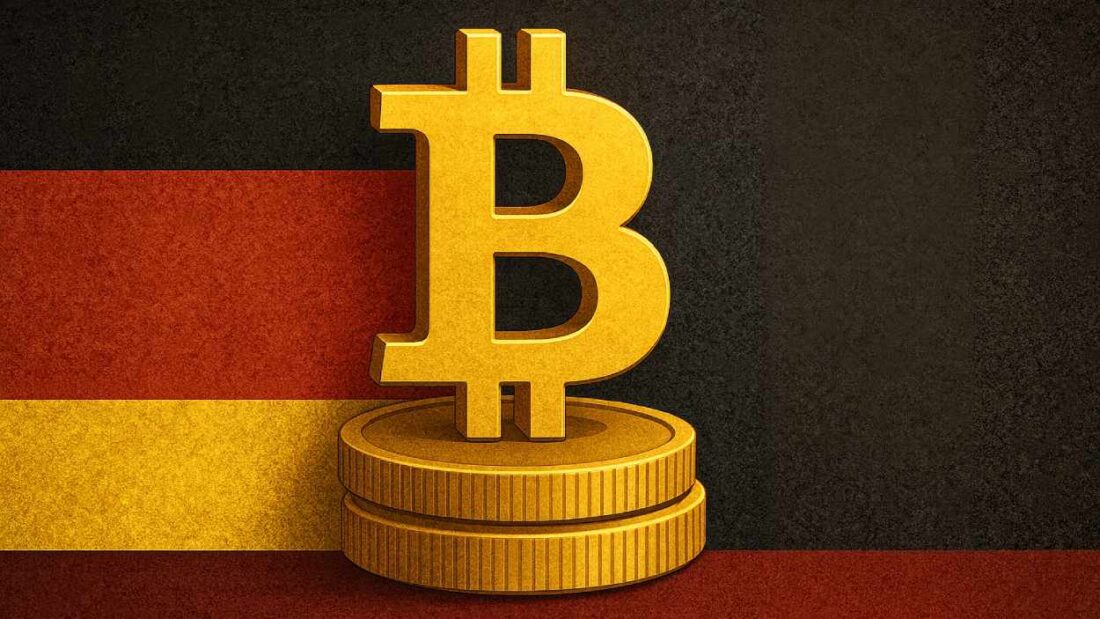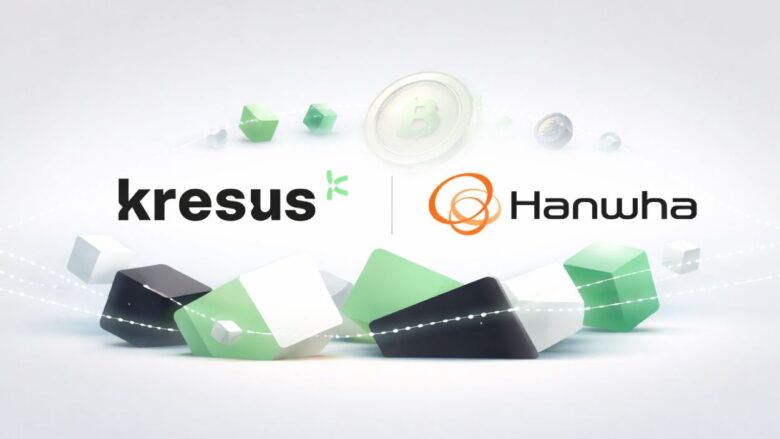Germany’s AfD party has introduced a bold motion to include Bitcoin in the country’s national reserves, closely following France’s detailed plan to acquire 420,000 BTC. This move signals a potential shift in how two of Europe’s largest economies view Bitcoin as a sovereign financial asset.
Key Takeaways
- Germany’s AfD party proposes adding Bitcoin to national reserves, marking a first in German parliamentary discussions on crypto.
- France aims to accumulate 420,000 BTC over seven years, using surplus energy, tax programs, and seized assets.
- Both countries frame Bitcoin as a hedge against inflation, euro volatility, and geopolitical uncertainty.
- These proposals could mark the start of a European race to build strategic Bitcoin holdings.
What Happened?
Germany’s Alternative for Germany (AfD) party submitted a motion to the Bundestag calling for the creation of a national Bitcoin reserve. Just a day prior, France’s Union of the Right and Centre (UDR) party unveiled a detailed proposal to accumulate 420,000 BTC. Together, these motions reflect a significant turn in European monetary strategy, one that sees Bitcoin moving from speculative territory into the realm of national policy.
🇩🇪 GERMANY’S AFD WANTS A BITCOIN VAULT
— Mario Nawfal (@MarioNawfal) October 29, 2025
Germany’s conservatives AfD just dropped a political grenade:
A proposal to create a strategic Bitcoin reserve – the first of its kind in Europe.
The AfD motion calls for the German state to hold Bitcoin alongside gold and foreign… https://t.co/BKxPzpCNE0 pic.twitter.com/2bRUXIFUU4
Germany’s AfD Calls for Strategic Bitcoin Holdings
The AfD motion urges the federal government to begin accumulating Bitcoin as a long-term reserve asset. It argues that Bitcoin’s decentralized nature and limited supply make it an ideal complement to gold in Germany’s strategic reserves.
Key proposals include:
- Exempting non-custodial wallet providers and Lightning node operators from strict regulations.
- Keeping the current tax exemption on Bitcoin held for over a year.
- Clarifying that private Bitcoin mining and Lightning activity should not be classified as commercial.
The party frames Bitcoin as “state-free money” that could help Germany reclaim monetary autonomy, especially as the digital euro looms. The proposal also criticizes the government’s earlier Bitcoin selloff in 2024, where authorities liquidated nearly 50,000 BTC worth $3 billion, sparking backlash from the crypto community.
AfD sees Bitcoin as “Outside Money” that could act as a geopolitical hedge during monetary instability. If the motion gains support, it could make Germany the first major European economy to hold Bitcoin as part of its sovereign reserves.
Why Are Germany and France Doing This?
Both countries are grappling with economic headwinds, including inflation, eurozone instability, and growing energy costs. For AfD, the proposal aligns with its platform of reducing reliance on the European Central Bank and asserting domestic financial control.
France, meanwhile, is adopting a more technocratic and institutional approach. The aim is to use Bitcoin as a non-correlated asset that strengthens national reserves and positions the country as a financial innovator in the digital era.
The proposals reflect a broader ideological divide in Europe. While Brussels regulators remain cautious about crypto, a growing bloc of lawmakers sees Bitcoin as a tool for monetary sovereignty.
CoinLaw’s Takeaway
In my experience, when two economic powerhouses like Germany and France start taking Bitcoin seriously as a reserve asset, it’s no longer a fringe idea. This could be a turning point for crypto adoption at the state level, especially in the context of rising inflation and central bank overreach. I found it fascinating that both proposals focus not just on buying Bitcoin, but on integrating it into the national strategy, whether through mining, taxation, or legal reforms. If even a fraction of these plans materialize, we might be watching the beginning of a European Bitcoin accumulation era.


































































